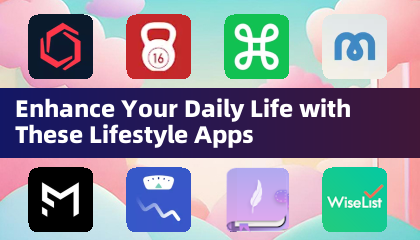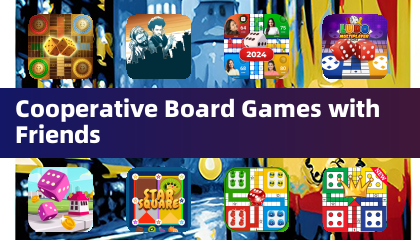
Application Description
KakaoTalk: A Comprehensive Guide to this Popular Messaging App
KakaoTalk is a versatile instant messaging application comparable to WhatsApp, Telegram, Line, and WeChat. It facilitates communication through private chats and open group discussions accessible to anyone. Users can seamlessly exchange messages, photos, and videos without limitations in both private and group settings. Registration requires a phone number or email address.
Beyond messaging and multimedia sharing, KakaoTalk offers voice and video calling (currently limited to two participants), enhanced with fun voice filters. Multitasking during calls is also supported. Conveniently, the app integrates with smartwatches, enabling message viewing and replying via pre-set responses or emojis.
Customization is a key feature. Users can personalize their profiles with photos, interests, and descriptions, potentially expanding their social network. While open chats are inclusive, non-South Korean users may need to undergo a security check before participating. This access grants entry to numerous public groups covering diverse topics.
If you seek a feature-rich messaging platform, downloading the KakaoTalk APK is recommended.
System Requirements (Latest Version):
Frequently Asked Questions:
-
Global Accessibility: While originating in South Korea and boasting immense popularity there (approximately 93% of internet users), KakaoTalk enjoys worldwide usage.
-
Foreign User Access: Foreigners can utilize KakaoTalk both within and outside South Korea, registering with international phone numbers. A brief security check delay may be expected before full functionality is granted.
-
Dating Functionality: While not explicitly a dating app, KakaoTalk facilitates social connections through open group participation, enabling users to meet like-minded individuals. While dating may occur organically, it's not the app's primary purpose.
-
Monetization Strategy: KakaoTalk generates significant revenue (approximately $200 million annually) through diverse sources including advertising, in-app games, paid sticker packs, and in-app purchases.
Utilities



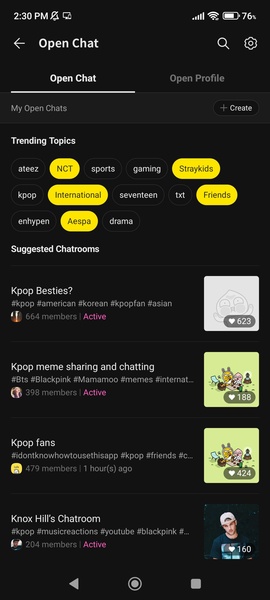
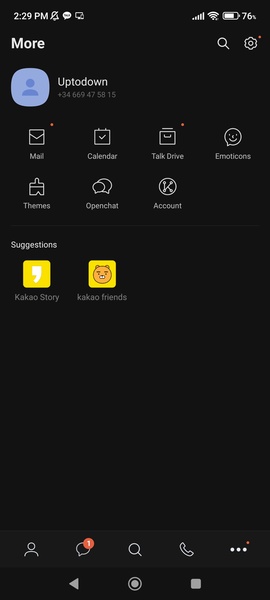
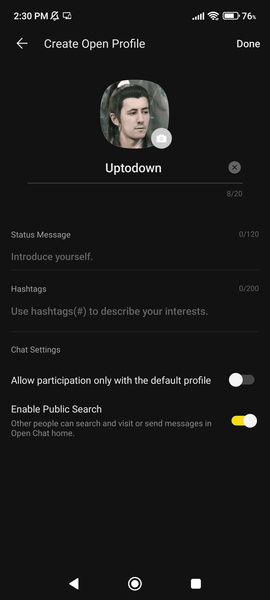

 Application Description
Application Description  Apps like KakaoTalk : Messenger
Apps like KakaoTalk : Messenger 









